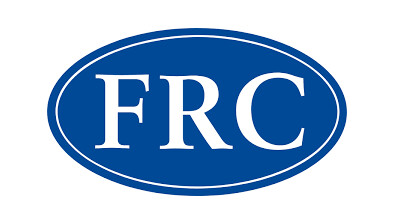FRC allows Big Four firms to move to next stage of audit separation

The Financial Reporting Council (FRC) has reviewed the plans for the operational separation of the audit practices of the Big Four and confirmed that they can now move on to the next stage of implementation.
The FRC published principles for operational separation of the audit practices of the Big 4 firms in July 2020 and asked them to submit their implementation plans by 23 October last year.
The suggested changes to audit policy come after three independent reviews and increasing calls for an overhaul after a string of accountancy scandals at the likes of Patisserie Valerie and Carillion.
Now that the plans have been approved, the firms’ progress will continue to be closely monitored against the milestones in their plans and the FRC will provide feedback and challenge to the firms on their arrangements.
Nevertheless, the FRC has made some changes to the principles following its analysis of the firms’ implementation plans. The watchdog has called for firms to clarify that services provided to non-audited entities should be commissioned by those charged with governance at the entity or be assurance services for third party recipients.
It also said the Big Four firms must increase the minimum proportion of revenue within the ring-fence that must be derived from audit.
The FRC has also called for the firms to confirm that the audit practice should not receive fees for introducing business to other parts of the firm and that partners in the audit practice should not be incentivized for sales passed to other parts of the firm.
The objectives of operational separation are to ensure that audit practices are focused above all on the delivery of high-quality audits in the public interest and do not rely on persistent cross-subsidy from the rest of the firm.
The FRC’s desired outcomes include:
- Audit practice governance prioritises audit quality and protects auditors from influences from the rest of the firm that could divert their focus away from audit quality.
- The total amount of profits distributed to the partners in the audit practice does not persistently exceed the contribution to profits of the audit practice.
- The culture of the audit practice prioritises high-quality audit by encouraging ethical behaviour, openness, teamwork, challenge and professional scepticism/judgement.
- Auditors act in the public interest and work for the benefit of shareholders of audited entities and wider society.
The updated principles can be found in full here.







